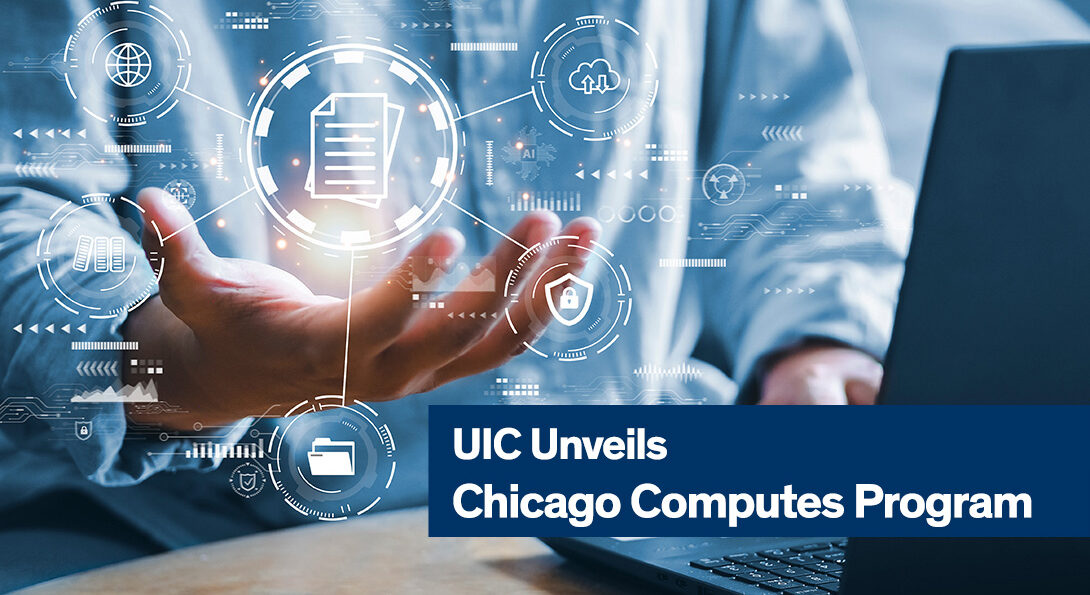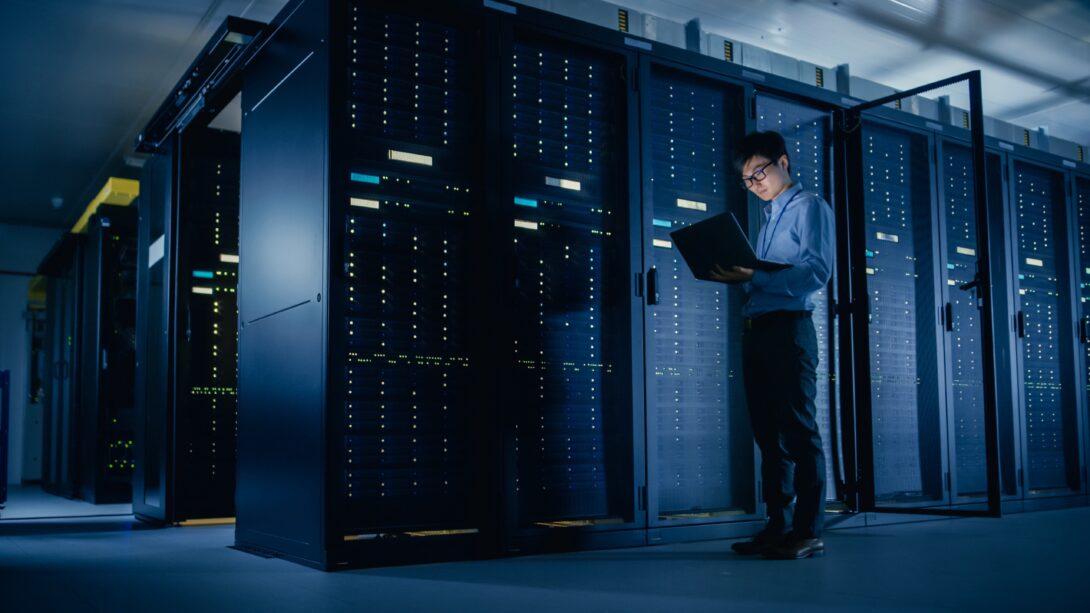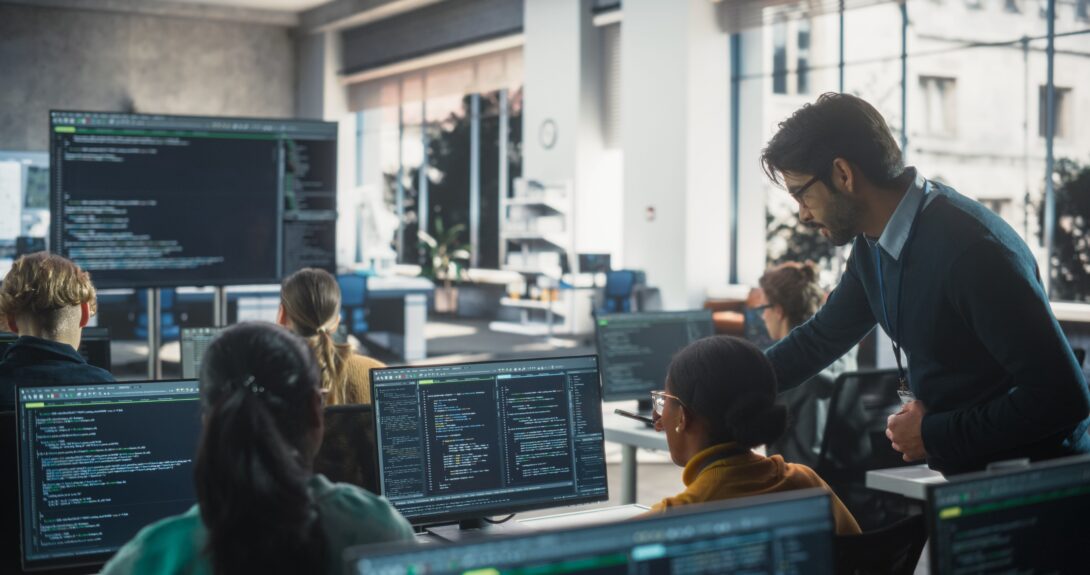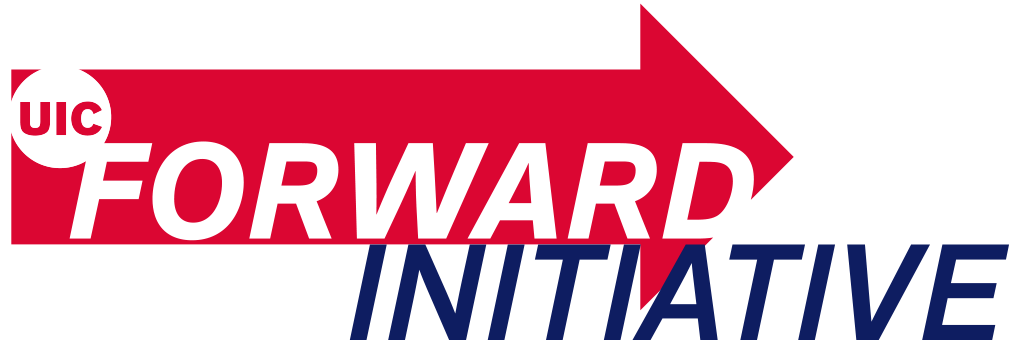Bridging the Digital Divide in Research: Introducing Chicago Computes

Fostering Inclusive Research & Access Equity
We are pleased to announce the launch of Chicago Computes, part of the Forward Initiative at the University of Illinois Chicago (UIC), a comprehensive effort to provide faculty and researchers with fully subsidized access to an initial base of research computing, visualization and/or data storage resources.
In recognizing the need to provide researchers with advanced computing resources and support, the Office of the Vice Chancellor for Research and the Office of the Vice Chancellor for Innovation worked collaboratively to develop the Chicago Computes, a transformative approach to advancing research, fostering access equity, and driving innovation.
What is the Chicago Computes?

Launching Feb 1, 2024, Chicago Computes comes at a critical time when the demand for computing and data storage resources is on the rise, and researchers across various disciplines are seeking digital tools to tackle complex research and scholarship challenges.
Through Chicago Computes, UIC faculty and their lab members will be granted fully-subsidized, group-based access to a range of digital resources, regardless of research area or discipline. This includes the usage of high-performance computing clusters (i.e. CPUs, GPUs), secure computing environments for sensitive datasets, and research data storage solutions.
Hmanshu Sharma Quote
It’s not just about enhancing research capabilities, it’s about empowering every researcher, regardless of their background or experience with computing, with access to these resources. In doing so, the Chicago Computes Program is not merely bridging gaps, it’s building a more equitable and collaborative future for researchers at UIC.
| Associate CIO for Research Technologies and Innovation
Support Resources

These resources are crucial for research in fields such as artificial intelligence, computational biology, and data science, and are becoming increasingly necessary in disciplines that historically didn’t require extensive computational resources, such as the social sciences, economics, and humanities.
Providing digital resources is only part of the solution; program participants must be adequately trained on how to leverage these resources. Chicago Computes includes consultation and support resources from a group of dedicated facilitators.
These facilitators come from a range of scientific disciplines and professional backgrounds such as medicine, engineering, bioinformatics, data science, physics, visualization, system architecture, and data engineering.
Dr. Groden Quote
Ensuring that all our researchers have equal access to computing resources allows UIC to create a more inclusive and collaborative research environment.
| Vice Chancellor for Research
Title

Chicago Computes is open to all UIC faculty (including assistant, associate, adjunct, and full professors), who can then share their allocation allowance with their postdocs, grad students, staff researchers, and other campus research affiliates.
To learn more about the Chicago Computes or to apply, visit: acer.uic.edu/chicago-computes.
M Riley Quote
The Chicago Computes program promotes a general notion aligned to UIC’s values that equitable access will generate innovation and success. In this case, the more researchers with access to these types of computing and support resources should result in more research proposals, more research expenditures, and more overall UIC impact on Chicago, the nation, and the world.
| Associate Vice Chancellor and CIO.
Forward Initiative

As Chicago Computes paves the way for a more equitable and collaborative future in research cyberinfrastructure (CI), it is a testament to our institution’s commitment to inspiring research excellence, and was made possible with the support and investment from the Forward Initiative.
The Forward Initiative was launched in 2020, as part of UIC’s revamped IT Strategy, which consists of plans and technology roadmaps to upgrade, optimize, and/or modernize key areas of campus infrastructure.